Senegal, long admired as a model of democratic stability in West Africa, now faces a defining test of its political maturity and social cohesion. The widening rift between President Bassirou Diomaye Faye and his longtime ally, Prime Minister Ousmane Sonko, threatens to fracture not only the PASTEF movement that brought them to power but also the delicate national balance they both once promised to safeguard.
To the casual observer, their disagreement might appear personal — a power struggle between two men at the helm of Senegal’s political renaissance. But beneath the surface lies something deeper and far more consequential: a fundamental divergence in ideology, governance, and national vision.
A Soft Coup Within PASTEF?
When President Faye assumed office earlier this year, many within PASTEF saw it as the triumph of their shared struggle — a victory paid for with the blood, imprisonment, and sacrifice of Senegalese youth. But to the disillusioned rank-and-file, what has followed feels like a betrayal of that very movement.
Faye’s apparent shift in foreign policy — particularly his outreach to France and alignment with ECOWAS — has been perceived by many as a reversal of PASTEF’s revolutionary goals: economic independence, regional self-determination, and the rejection of post-colonial dependency.
Meanwhile, Sonko continues to embody the anti-establishment fervor that galvanized millions — calling for the end of the CFA franc, renegotiation of foreign contracts, and resistance to neocolonial influence.
The tension between the two visions — pragmatic diplomacy versus ideological liberation — has laid bare the internal contradictions of Senegal’s ruling coalition.
The Power Trap
Reports suggest that Faye had initially agreed to serve a single term, paving the way for Sonko’s eventual candidacy. But power, as history shows, has its own gravitational pull. With growing international legitimacy and the quiet endorsement of Western partners, Faye now appears intent on consolidating his authority — perhaps even extending his tenure beyond the initial gentleman’s agreement.
This potential ambition has triggered unease within PASTEF and emboldened fears of a creeping “presidentialization” of the movement that once prided itself on grassroots democracy.
A Question of Justice and Loyalty
Equally troubling is President Faye’s silence over the continued judicial persecution of Sonko. Despite holding executive authority, Faye has made no visible effort to intervene in politically charged cases that bar Sonko from running in future elections — cases widely seen as remnants of Macky Sall’s judicial machinery.
For many supporters, this inaction feels like betrayal. Sonko’s ordeal — marked by dubious defamation charges and prolonged detentions — remains a scar on Senegal’s collective conscience. If Faye’s presidency cannot rise above the politics of expediency, the very moral foundation of his mandate stands compromised.
Forgotten Promises of Accountability
Ousmane Sonko’s repeated vows to hold former President Macky Sall accountable for corruption and political repression seem to have lost their echo in the current administration. The recent release of Sall’s brother, previously accused of money laundering, signals a disturbing continuity of impunity.
For the families of those who died during the PASTEF-led protests, this silence is unbearable. It feels as if the new order has chosen reconciliation over justice — peace at the expense of truth.
A Looming National Crisis
The marginalization of Sonko could prove dangerous for Senegal’s unity. His political base in Casamance — a region with a long and complex history of separatist sentiment — could reignite calls for autonomy if it perceives systemic exclusion or injustice.
Analysts warn that silencing Sonko through legal or political maneuvers risks destabilizing Senegal’s delicate social fabric. It could embolden regional militias, alienate the youth, and fracture the national consensus that has long distinguished Senegal from its volatile neighbors.
A Crossroads for Senegal
What is unfolding in Dakar is more than a political dispute — it is a test of Senegal’s soul. Can the nation balance pragmatism with principle? Can it pursue foreign cooperation without surrendering sovereignty?
President Faye has a unique opportunity to redefine leadership in Africa — one that blends modern diplomacy with ideological integrity. But that will require humility, inclusion, and above all, fidelity to the ideals that put him in power.
As one Senegalese scholar, Dr. Abdoulaye Fall, observed: “History will not remember who held the title, but who kept the promise.”
If Senegal is to remain the symbol of democracy it once was, Faye and Sonko must find a path back to dialogue. Their unity was once the hope of millions. Its collapse could be the undoing of an entire generation’s dream.
——————-
Mutiu Olawuyi
Chief Editor, Muslim Media Corporation
(Publisher of New York Parrot, Bronx Post, Parkchester Times, Muslim Parrot, Africa Parrot, and Senegambia Times)

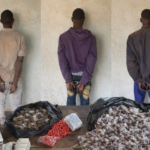
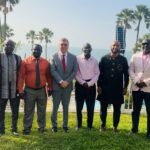
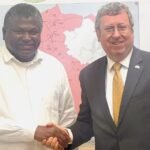
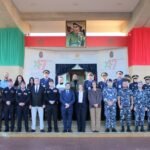
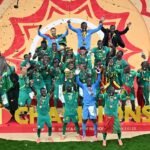
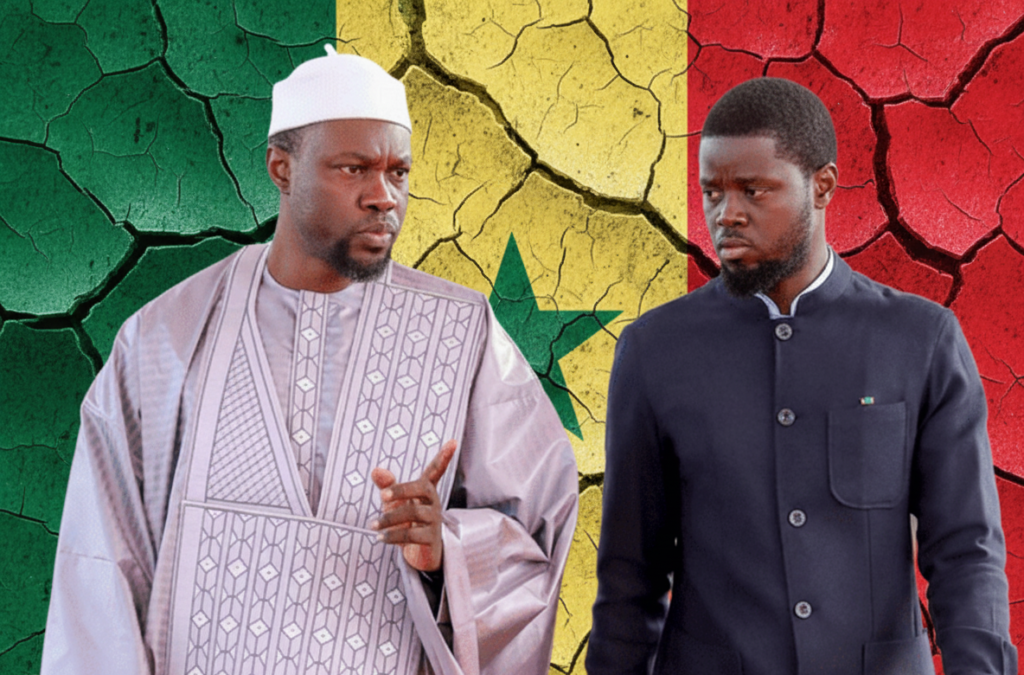
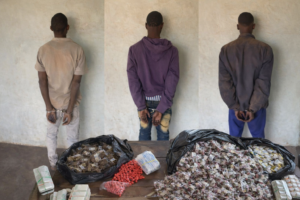
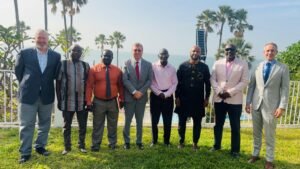
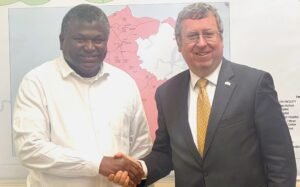
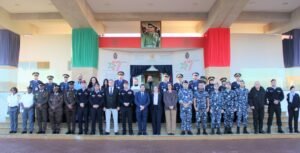
More Stories
U.S. Embassy Banjul hosts media roundtable on bilateral relations, transparency
Banjul Mayor hails Senegal’s AFCON triumph, praises discipline, continental pride
U.S. Mission Nigeria reopens American Center with arts, culture, technology focus